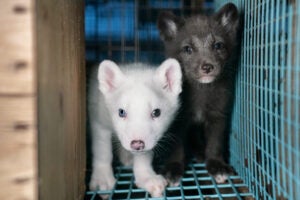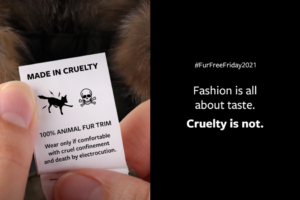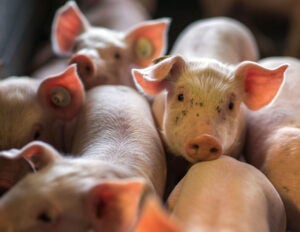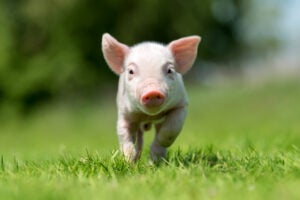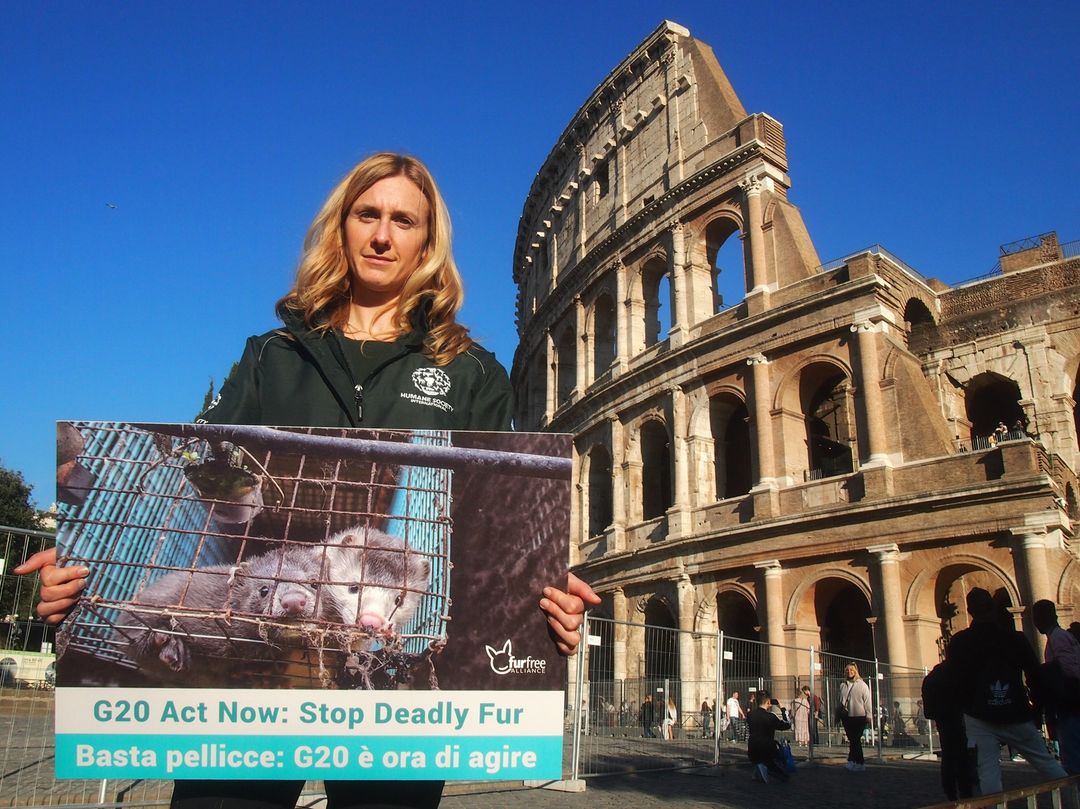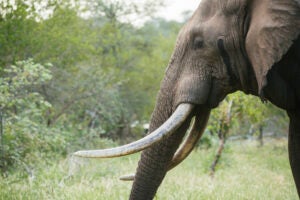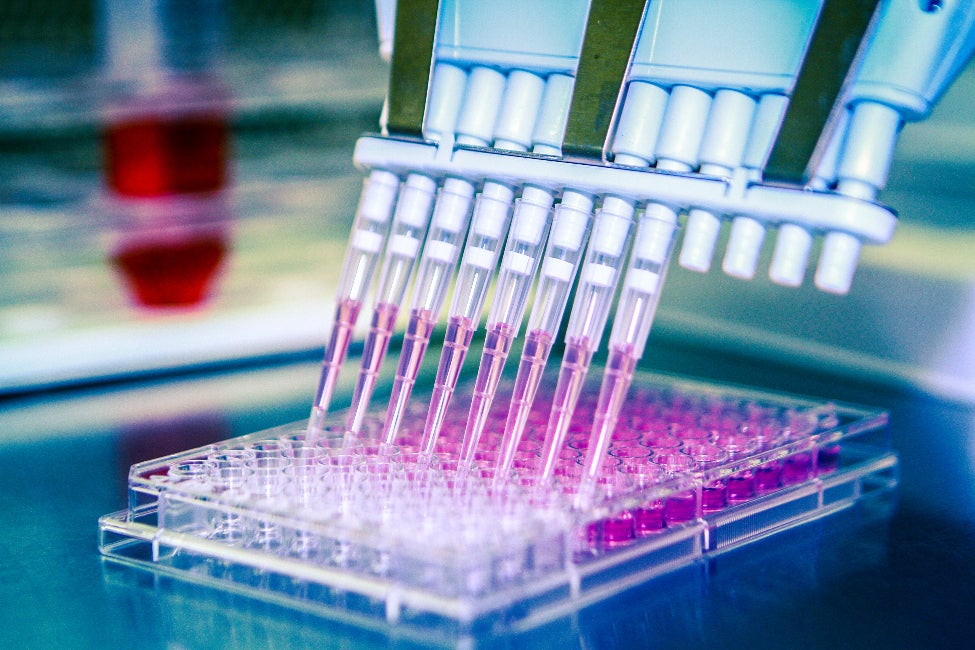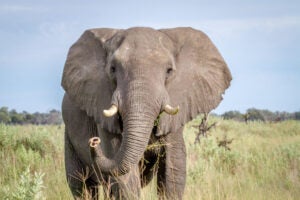
BRUSSELS—Today, the European Commission has published its long-awaited revision of the EU rules on ivory trade with a goal to end most forms of this trade in the EU. Humane Society International/Europe has campaigned for many years for the EU to tighten its ivory trade regime and close the loopholes which still allowed some trade in ivory. The new rules represent a significant improvement, but still do not go quite far enough.
Dr Joanna Swabe, senior director of public affairs for HSI/Europe, noted:
“While the amendments to Commission Regulation 856/2006 and to the guidance document published today are an important step toward closing the EU’s loopholes on ivory trade, they are not without a fundamental flaw. The trade restrictions on worked ivory are only partially addressed in the Commission Regulation with the remainder being dealt with in the guidance document. Likewise, the restrictions on raw ivory trade are currently only included in the guidance document and therefore are not legally binding on Member States. This could potentially undermine the EU’s efforts to meet its commitments to help protect elephants and global biodiversity. It is also problematic that the trade restrictions do not apply to the trade in ivory derived from other species. It would be advisable to extend the rules to those species to ease enforcement and reduce the risk of elephant ivory being disguised and laundered as other types of ivory.”
Despite the remaining loopholes, these revised rules will put the EU in a better position to advocate for similar measures in key international fora, such as in meetings of the Convention on International Trade in Endangered Species of Wild Fauna and Flora (CITES). Closing these loopholes would make the EU one of the world leaders on this issue and help prevent elephant population declines and the ongoing global biodiversity crisis.
Notes:
- The European Commission has published its amendments to Commission Regulation 856/2006 and to the guidance document on the EU regime governing trade in ivory. This includes:
- suspending imports of raw ivory to the EU;
- suspending imports and re-export of worked ivory to the EU (with the exception of pre-1975 musical instruments, and antiques sold to museums);
- suspending the intra-EU trade of raw ivory (except for the repair of pre-1975 musical instruments or pre-1947 antiques of high cultural, artistic or historical importance);
- suspending the intra-EU trade of post-1947 worked ivory (with the exception of pre-1975 musical instruments);
- requiring certificates for intra-EU trade in worked ivory antiques (pre-1947 worked ivory).
- The following loopholes remain in the EU ivory trade regime:
- The trade restrictions on worked ivory are only partially addressed in Commission Regulation 865/2006 (with the rest being in the guidance document), and those on raw ivory are currently only included in the guidance document and therefore are not legally binding on Member States. The Commission should introduce a time-bound monitoring system of the implementation of the ivory guidance by Member States and promptly amend it and the Regulation 865/2006 if required.
- The allowance that antique ivory can be traded within the EU with a certificate is still too broad. A de minimis provision further restricting the issuance of certificates for antique ivory is needed to avoid a flood of applications for certificates that will likely overwhelm authorities, thus increasing the risk of ivory from poached elephants or otherwise obtained illegally being laundered through the system and sold as antique. We urge the Commission to consider applying the de minimis criteria applied by other jurisdictions, which restrict exemptions for antique worked items to those containing less than 5% of ivory by volume and less than 200g of ivory by weight.
- Exceptions regarding pre-1975 musical instruments should only apply when the volume of ivory in the instrument is less than 20% of the total volume of the material of which the instrument is made.
- The rules only apply to elephant ivory, which means that elephant ivory could be disguised and laundered as ivory from other species.
ENDS
Media Contact: Dr Joanna Swabe, senior director of public affairs at Humane Society International/Europe: jswabe@hsi.org

